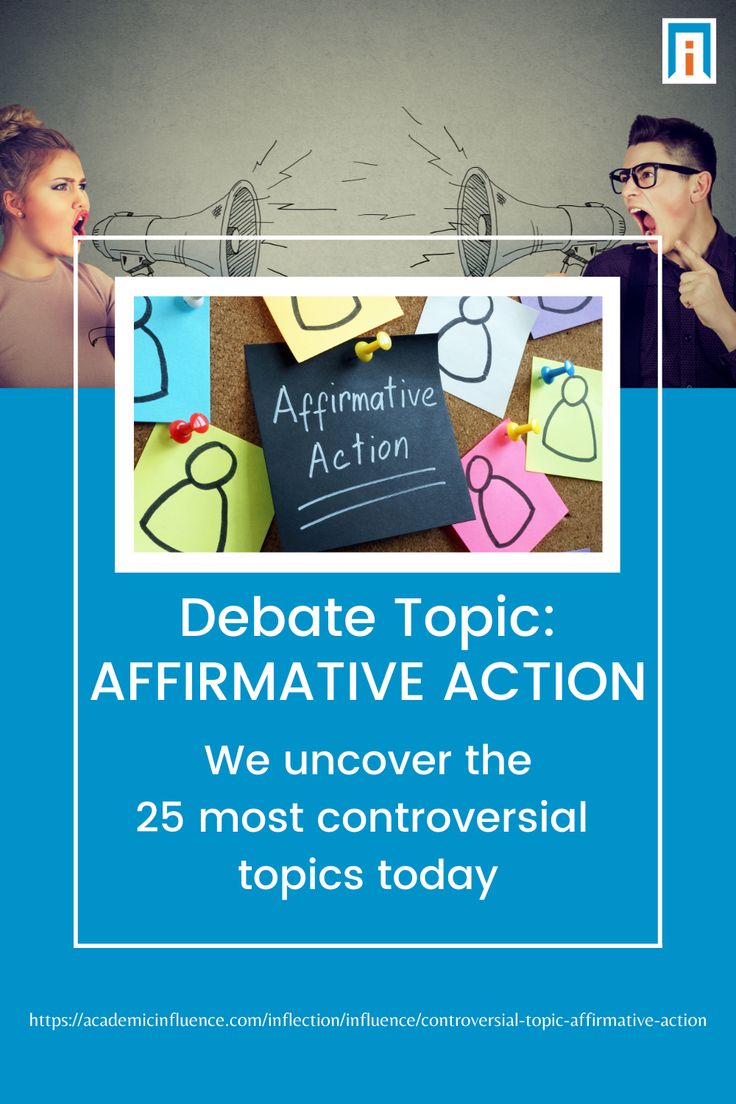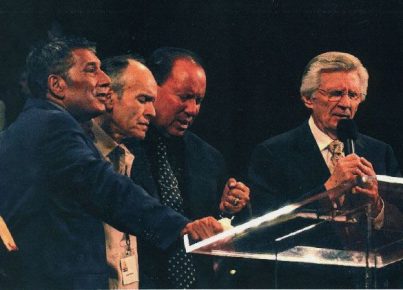The 2024 New Hampshire gubernatorial debate took a sharp turn towards education policy, with Republican candidates engaging in a heated discussion about higher education spending. The debate, a crucial platform for outlining their visions for the state, saw contenders grapple with the delicate balance between affordability and quality in the face of rising tuition costs.
Candidate A, emphasizing fiscal conservatism, advocated for a reduction in state funding for universities. He argued that such a move would encourage greater efficiency and incentivize institutions to seek alternative revenue streams, ultimately lowering the burden on taxpayers. He further suggested exploring partnerships with private businesses and promoting vocational training as viable alternatives to traditional four-year degrees.
Candidate B, however, countered by highlighting the crucial role higher education plays in driving innovation and economic growth. He emphasized the importance of attracting and retaining talented individuals, arguing that investing in state universities fosters a competitive advantage and bolsters the overall economy. His approach centered on finding ways to make education more accessible, proposing increased need-based financial aid and scholarships to ease the financial strain on students.
Candidate C struck a more moderate tone, emphasizing the need for a balanced approach. He acknowledged the need for fiscal responsibility while also recognizing the value of a robust higher education system. He proposed a comprehensive review of state funding allocation, exploring potential efficiencies and identifying areas for targeted investments.
The debate highlighted a crucial divide within the GOP on higher education policy. While some prioritize fiscal restraint, others emphasize the importance of investing in education to foster a thriving economy. The candidates’ differing views on spending reflect broader national conversations about the role of government in supporting higher education, a topic likely to remain central throughout the election cycle. As the campaign progresses, it will be interesting to see how each candidate expands their vision for higher education and whether they can bridge the divides on funding and policy.





